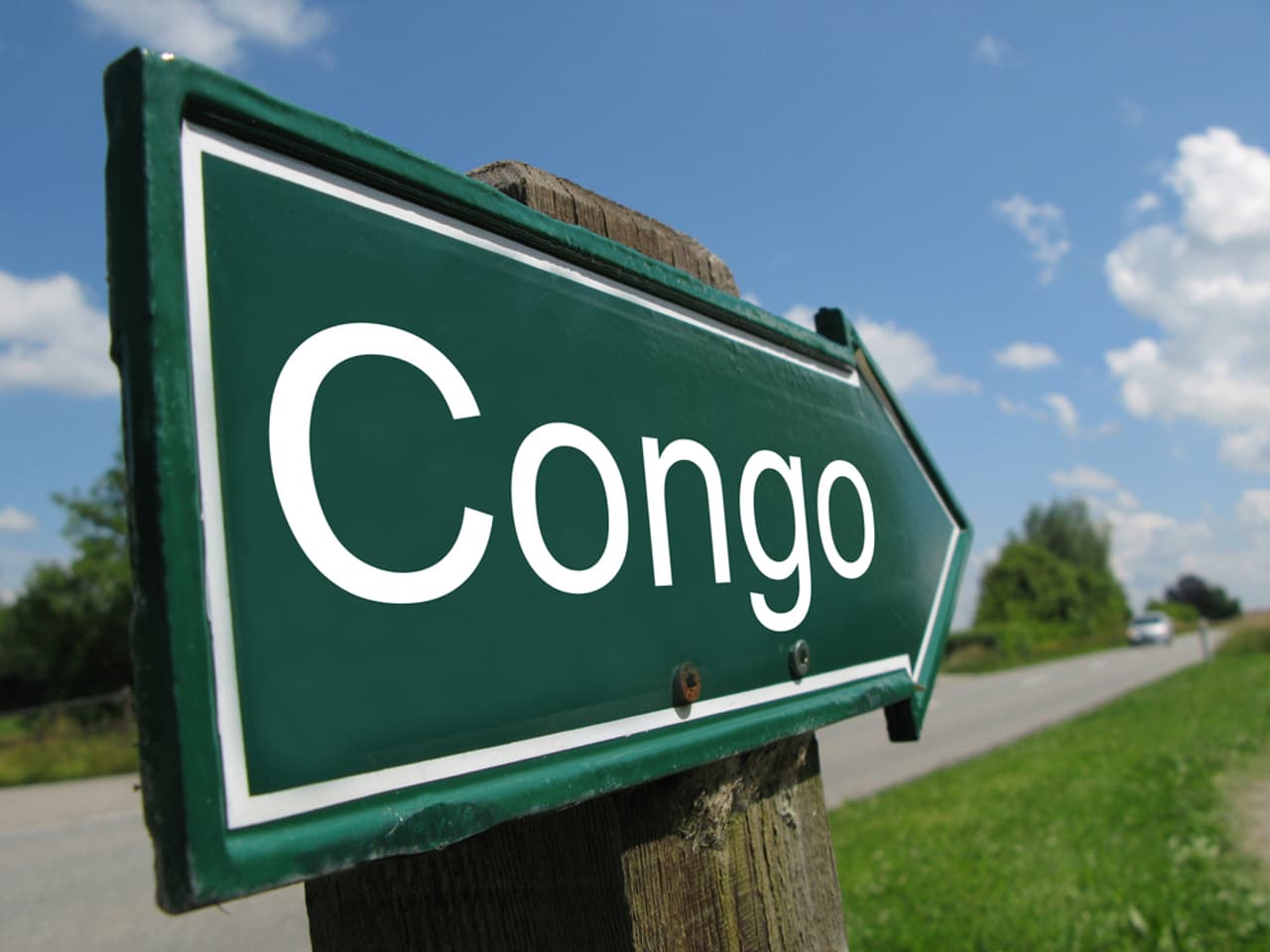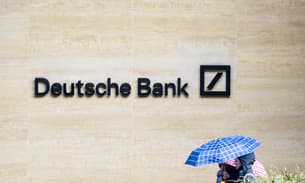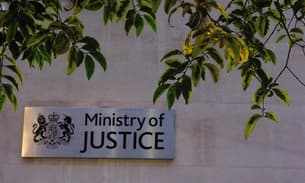
Demands for transparency over DRC mining deals
International attention is increasingly focused on the DRC’s mining deals. Photo by Shutterstock.
The IMF is so concerned about the lack of transparency in the Democratic Republic of Congo’s mining sector that it has temporarily suspended funding.
Reports by NGO Global Witness, the Carter Center and MP Eric Joyce have highlighted fears that sales of the country’s vast mineral wealth could be enriching corrupt officials rather than helping one of the world’s poorest countries. But without proper transparency it is impossible to tell.
Despite linking billions of dollars in aid in the past decade to a requirement for transparency, resources are still being sold off in secret. Both the IMF and the World Bank have withheld payments or suspended programmes in the country over its failure to put contracts out to public tender, publish full contracts and disclose who actually owns the companies that are buying up huge parts of the country’s natural resources.
Yet as reports published by Global Witness and Eric Joyce show, assets have continued to be sold in secret and for prices that independent observers have suggested could be below the market rate. Eric Joyce estimates that these deals, some of which involve secretive offshore companies whose true owners are unclear, could have cost this desperately poor country $5.5bn in lost revenue.
Related story: Questions over London listed miner ENRC’s Congo deals
The IMF, which made payments to the country totalling $230m between 2010 and early 2011, is so concerned about the situation that it has suspended payments for over a year and sent a team to Kinshasa to investigate.
An IMF spokesman said: ‘The IMF has not made a disbursement to the Democratic Republic of the Congo since April 2011 due to insufficient progress in structural reform, in particular with regards to governance and transparency in the natural resources sector. Several transactions have been recently published by the authorities, and IMF staff is currently in Kinshasa to assess progress more fully.’
In December 2009, the IMF agreed a $551m loan to the Congolese government, on the condition that it publish all contracts between public and private bodies ‘including information on bonus signing shares, taxation system, private shareholders, and members of the board of directors’. The money was to be released in tranches following regular reviews. It paid out $230m of this before suspending the remainder last year.
The IMF did succeed in forcing the DRC to publish some contracts, but the information is far from complete.
The Bureau has identified 17 contracts reported to have been signed since this loan was agreed, by analysing reports by NGOs, activists and reporters, and comparing them with the documents posted on the DRC’s mining ministry website and the website of state miner Gécamines. Six of these contracts – over a third – are not publicly available on official DRC websites.
Of the contracts that are officially available, vital details such as the private shareholders and directors are usually omitted. We could find no evidence of any tender processes.
State miner Gécamines did not respond to the Bureau’s requests for comment.
The World Bank has also expressed concerns about the issue. It has been heavily involved in the country’s mining sector for almost 20 years, including spending millions of dollars to restructure the state miner Gécamines. But its input has had little impact on accountability – leading a World Bank employee to complain in a leaked 2005 memo that contracts were being signed with ‘a complete lack of transparency’. He warned the World Bank risked ‘perceived complicity and/or tacit approval’ of the deals.
In October 2011, the World Bank and UK government reinstated the mining transparency programme, ProMines – a month before it was reported that Gécamines was refusing requests from the DRC government to publish contracts.
Asset sales in the DRC do appear to have slowed after the flurry of sales between 2009 and mid-2011.
Have we missed any contracts from our data? Email [email protected] and let us know.




